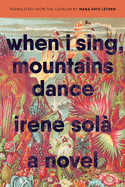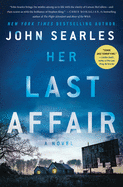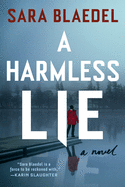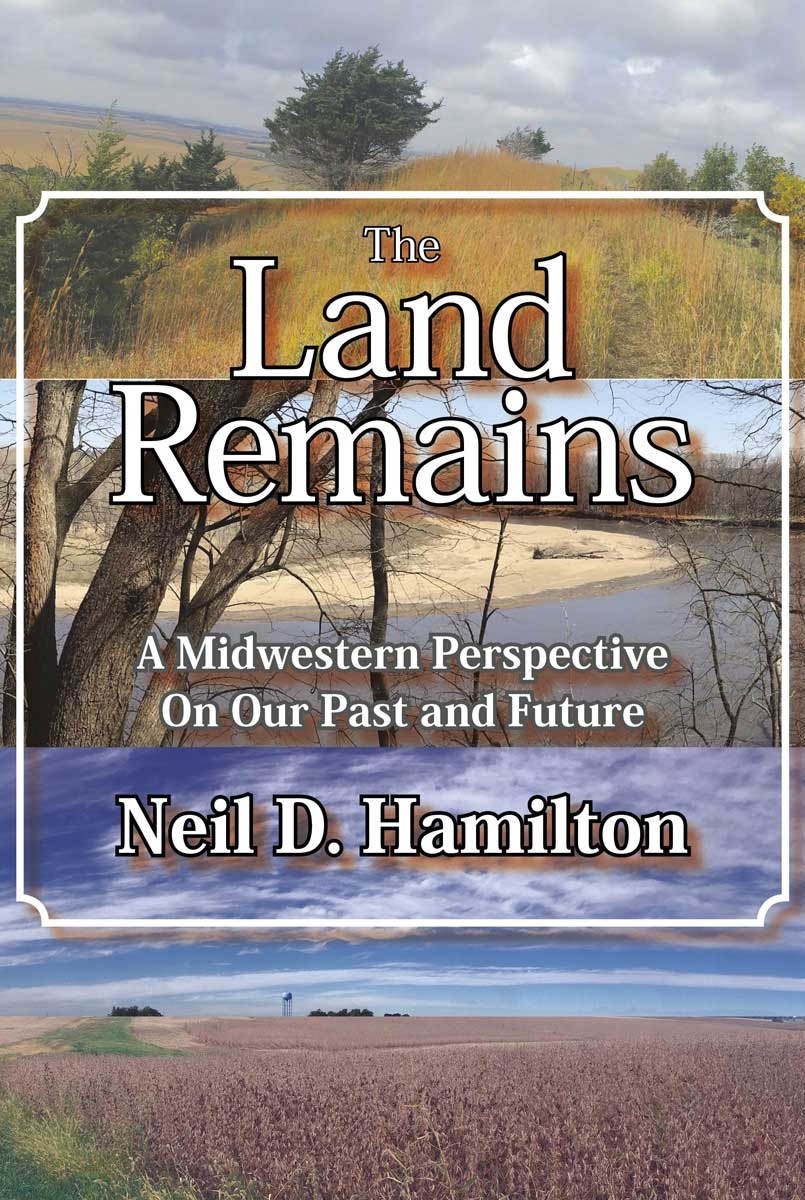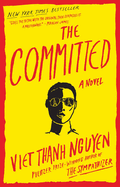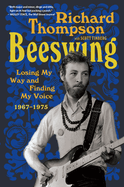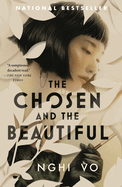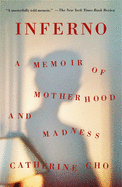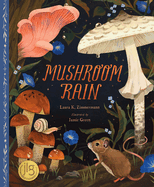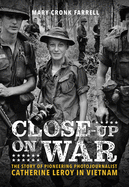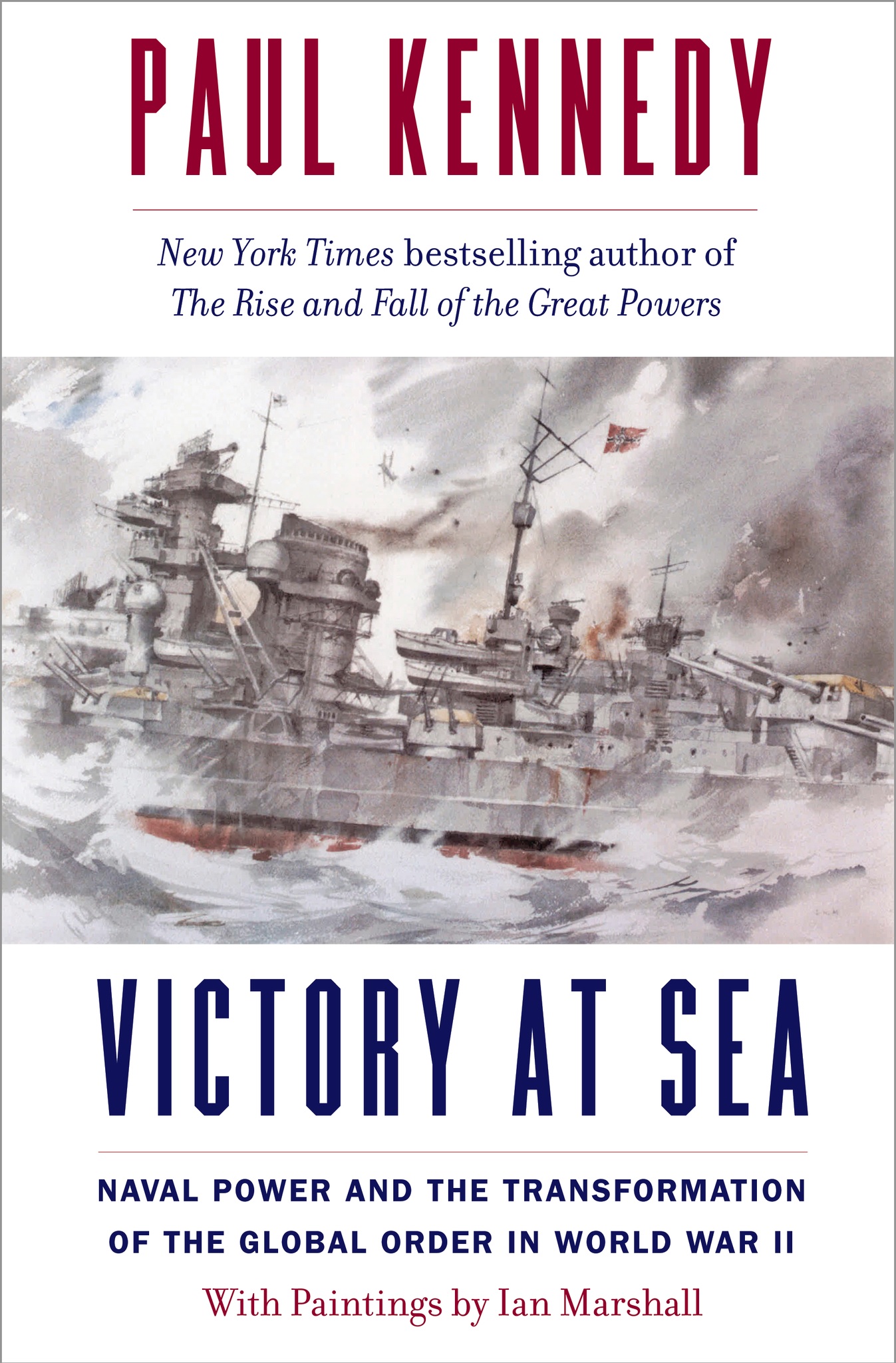 Victory at Sea: Naval Power and the Transformation of the Global Order in World War II by Paul Kennedy (April)
Victory at Sea: Naval Power and the Transformation of the Global Order in World War II by Paul Kennedy (April)
In an engaging narrative reminiscent of his New York Times bestseller The Rise and Fall of the Great Powers, celebrated historian Paul Kennedy tracks the movements of the major navies of the Allied and Axis alliances during World War II. Through naval battles, maritime campaigns, convoys, amphibious landings, and strikes from the sea, Kennedy shows how the strategic landscape for naval affairs was dramatically altered between 1936 and 1946. Victory at Sea is lavishly illustrated with full-color paintings by Ian Marshall.
 Woman: The American History of an Idea by Lillian Faderman (March)
Woman: The American History of an Idea by Lillian Faderman (March)
What does it mean to be a "woman" in America? Award-winning gender and sexuality scholar Lillian Faderman traces the evolution of the meaning from Puritan ideas to the sexual revolution of the 1960s and its reversals to the impact of such recent events as #metoo, the appointment of Amy Coney Barrett to the Supreme Court, the election of Kamala Harris as vice president, and the transgender movement. Hailed as an "intelligently provocative, vital reading experience" (Kirkus Reviews), Woman is a chronicle of conflict, retreat, defeats, and hard-won victories.
 Franz Kafka: The Drawings edited by Andreas Kilcher and Pavel Schmidt (May)
Franz Kafka: The Drawings edited by Andreas Kilcher and Pavel Schmidt (May)
In the first book to publish the entirety of Franz Kafka's graphic output, including more than 100 newly discovered drawings, Franz Kafka: The Drawings illuminates a previously unknown side of the quintessential modernist author. Full of irresistible and fascinating figures ranging from realistic to the fantastic, the grotesque, and the uncanny, this collection illuminates what Kafka's literary executor Max Brod refers to as his "double talent." More than 240 illustrations, reproduced in full color, form this complete catalogue raisonné.
 California: An American History by John Mack Faragher (May)
California: An American History by John Mack Faragher (May)
Beautifully crafted and elegantly written, John Mack Faragher tells the stories of a colorful cast of multicultural characters in this "masterful history" (Kirkus Reviews). Some famous, others mostly unknown, including African American Archy Lee, who sued for his freedom; Sinkyone Indian woman Sally Bell, who survived genocide; and Jewish schoolgirl Marilyn Greene, who spoke up for her Japanese friends after Pearl Harbor. California's multicultural diversity often led to conflict, turmoil, and violence, but also to invention, improvisation, and a struggle for multicultural democracy.
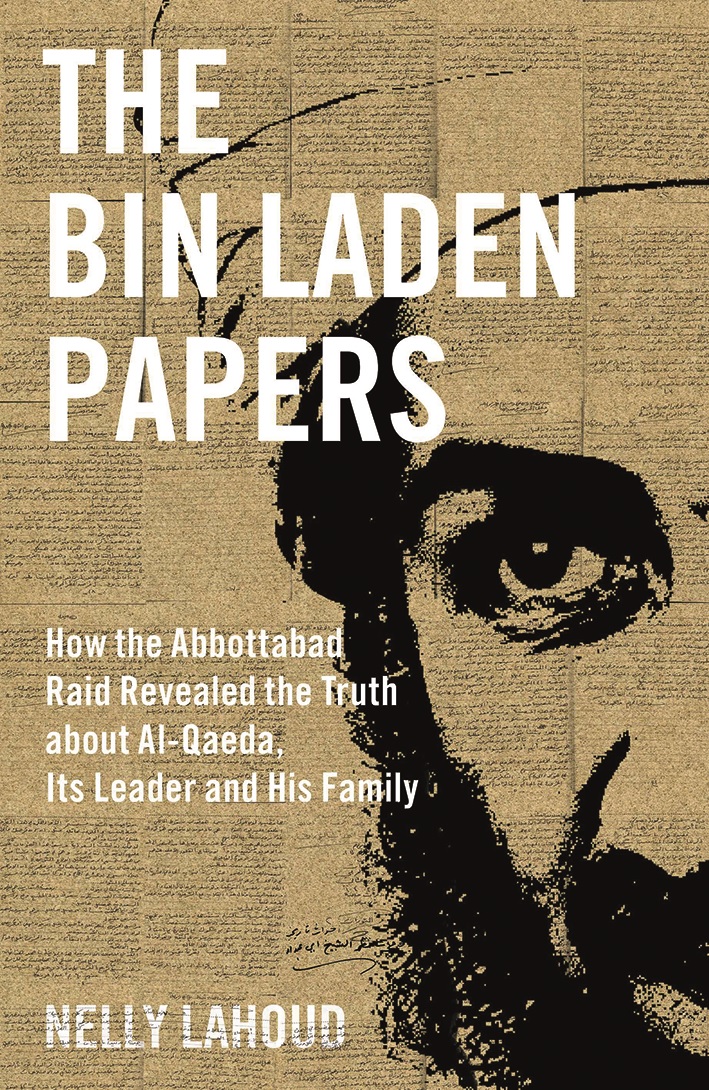 The Bin Laden Papers: How the Abbottabad Raid Revealed the Truth About al-Qaeda, its Leader and his Family by Nelly Lahoud (April)
The Bin Laden Papers: How the Abbottabad Raid Revealed the Truth About al-Qaeda, its Leader and his Family by Nelly Lahoud (April)
Bin Laden's greatest fear was not capture or death, but the exposure of al-Qaeda's secrets. In this ground-breaking book, Nelly Lahoud dives into Bin Laden's files and meticulously distills the nearly 6,000 pages of Arabic private communications. For the first time, al-Qaeda's closely guarded secrets are laid bare through firsthand accounts of al-Qaeda from 9/11 until the elimination of Bin Laden.
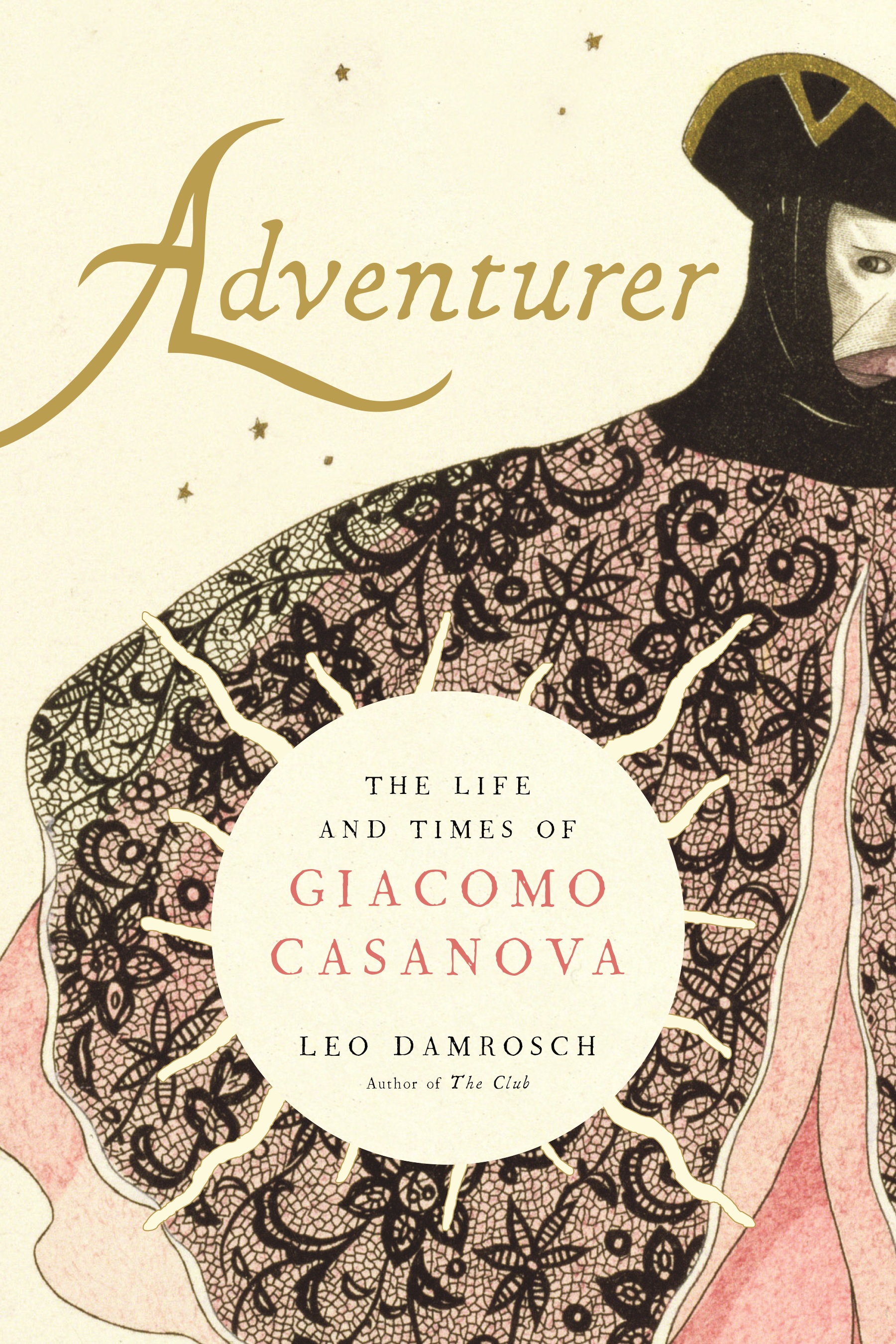 Adventurer: The Life and Times of Giacomo Casanova by Leo Damrosch (May)
Adventurer: The Life and Times of Giacomo Casanova by Leo Damrosch (May)
The bestselling author of The Club, Leo Damrosch now turns his attention to the world-famous libertine Giacomo Casanova. An alluring representative of the Enlightenment's shadowy underside, Casanova was an aspiring priest, an army officer, a fortune teller, a con man, a magus, a violinist, a mathematician, a Masonic master, an entrepreneur, a diplomat, a gambler, and a spy. Drawing on seldom used materials and probing deeply into the psychology, self-conceptions, and self-deceptions of one of the world's most famous con men and seducers, Damrosch offers a fast-paced, gripping, and devastating account of an Enlightenment man, freed from the bounds of moral convictions.
 While I can barely keep a houseplant alive, outdoor gardening has become something of a fascination for me in recent years. The idea that so many plants lay dormant beneath the soil for long winter months, and know just when to poke their small green heads up into the air to start their annual growth, is ever-fascinating to me as I explore my own version of wintering. Watching daffodil bulbs start to peek up this spring, I'm reminded again of Robin Wall Kimmerer's Braiding Sweetgrass (Milkweed, $20), an incredible work that combines storytelling, plant science and Indigenous wisdom to reveal the lessons that nature can teach us as humans.
While I can barely keep a houseplant alive, outdoor gardening has become something of a fascination for me in recent years. The idea that so many plants lay dormant beneath the soil for long winter months, and know just when to poke their small green heads up into the air to start their annual growth, is ever-fascinating to me as I explore my own version of wintering. Watching daffodil bulbs start to peek up this spring, I'm reminded again of Robin Wall Kimmerer's Braiding Sweetgrass (Milkweed, $20), an incredible work that combines storytelling, plant science and Indigenous wisdom to reveal the lessons that nature can teach us as humans.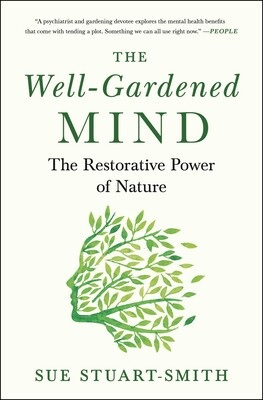 Kimmerer talks throughout Braiding Sweetgrass about reciprocity: "As we heal the earth, the earth heals us," she writes, urging readers to center the land first and let what they're noticing guide what may follow. That same notion proves central to The Well-Gardened Mind (Scribner, $18), in which psychiatrist and avid gardener Sue Stuart-Smith explores the myriad ways gardening can bring peace and well-being to our daily lives. Stuart-Smith draws on both her own experiences and family history in the garden as well as extensive research on the connection between humans and the natural world. The Well-Gardened Mind will prove self-affirming for those already drawn to their gardens and inspiring for those seeking new ways to find calm in a chaotic world.
Kimmerer talks throughout Braiding Sweetgrass about reciprocity: "As we heal the earth, the earth heals us," she writes, urging readers to center the land first and let what they're noticing guide what may follow. That same notion proves central to The Well-Gardened Mind (Scribner, $18), in which psychiatrist and avid gardener Sue Stuart-Smith explores the myriad ways gardening can bring peace and well-being to our daily lives. Stuart-Smith draws on both her own experiences and family history in the garden as well as extensive research on the connection between humans and the natural world. The Well-Gardened Mind will prove self-affirming for those already drawn to their gardens and inspiring for those seeking new ways to find calm in a chaotic world.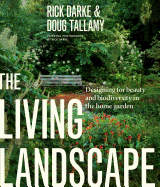 On the more tactical side of this human-garden connection, Rick Darke and Doug Tallamy talk all things garden design in The Living Landscape (Timber Press, $44.95), with an emphasis on planting native species and biodiversity--without sacrificing function or beauty in the process. I'll be holding these books' lessons on reciprocity in mind as I venture out to greet the new blooms in my own garden this year, and for years to come. --Kerry McHugh, freelance writer
On the more tactical side of this human-garden connection, Rick Darke and Doug Tallamy talk all things garden design in The Living Landscape (Timber Press, $44.95), with an emphasis on planting native species and biodiversity--without sacrificing function or beauty in the process. I'll be holding these books' lessons on reciprocity in mind as I venture out to greet the new blooms in my own garden this year, and for years to come. --Kerry McHugh, freelance writer



 Victory at Sea: Naval Power and the Transformation of the Global Order in World War II by Paul Kennedy (April)
Victory at Sea: Naval Power and the Transformation of the Global Order in World War II by Paul Kennedy (April) Woman: The American History of an Idea by Lillian Faderman (March)
Woman: The American History of an Idea by Lillian Faderman (March)  Franz Kafka: The Drawings edited by Andreas Kilcher and Pavel Schmidt (May)
Franz Kafka: The Drawings edited by Andreas Kilcher and Pavel Schmidt (May) California: An American History by John Mack Faragher (May)
California: An American History by John Mack Faragher (May)  The Bin Laden Papers: How the Abbottabad Raid Revealed the Truth About al-Qaeda, its Leader and his Family by Nelly Lahoud (April)
The Bin Laden Papers: How the Abbottabad Raid Revealed the Truth About al-Qaeda, its Leader and his Family by Nelly Lahoud (April)  Adventurer: The Life and Times of Giacomo Casanova by Leo Damrosch (May)
Adventurer: The Life and Times of Giacomo Casanova by Leo Damrosch (May)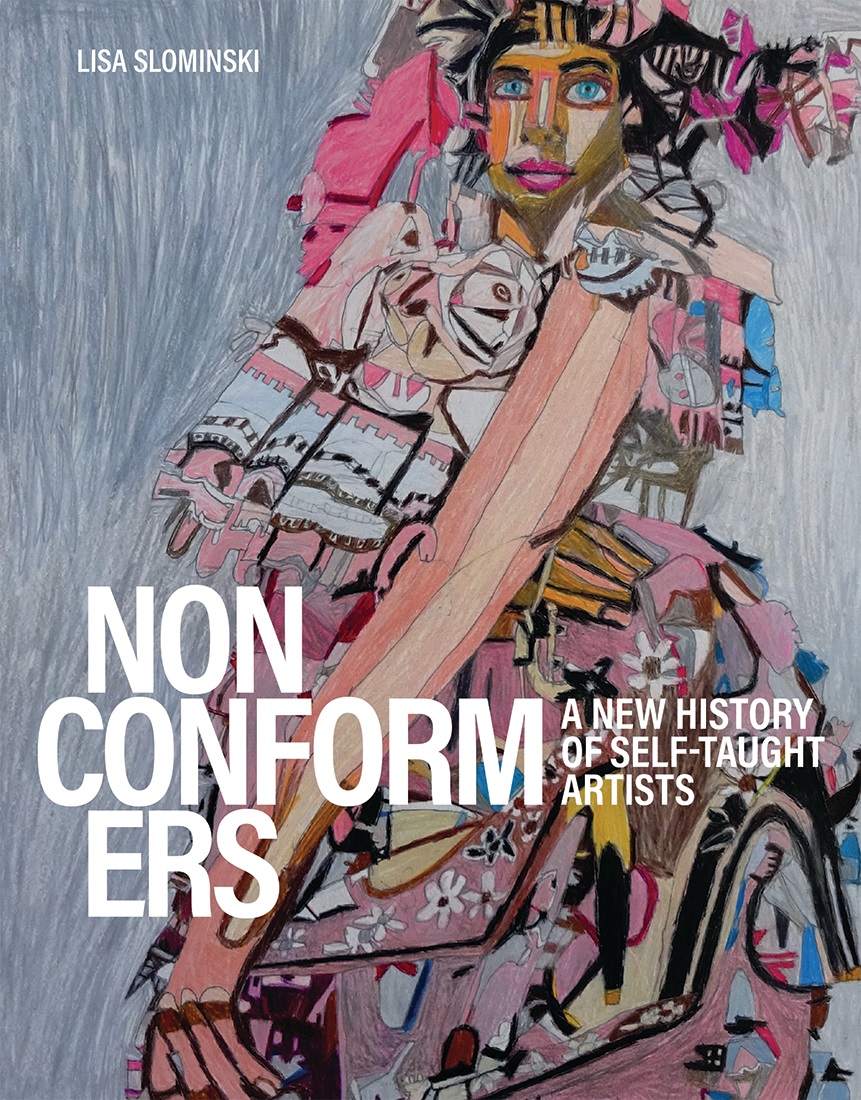 Nonconformers: A New History of Self-Taught Artists by Lisa Slominski (April)
Nonconformers: A New History of Self-Taught Artists by Lisa Slominski (April) 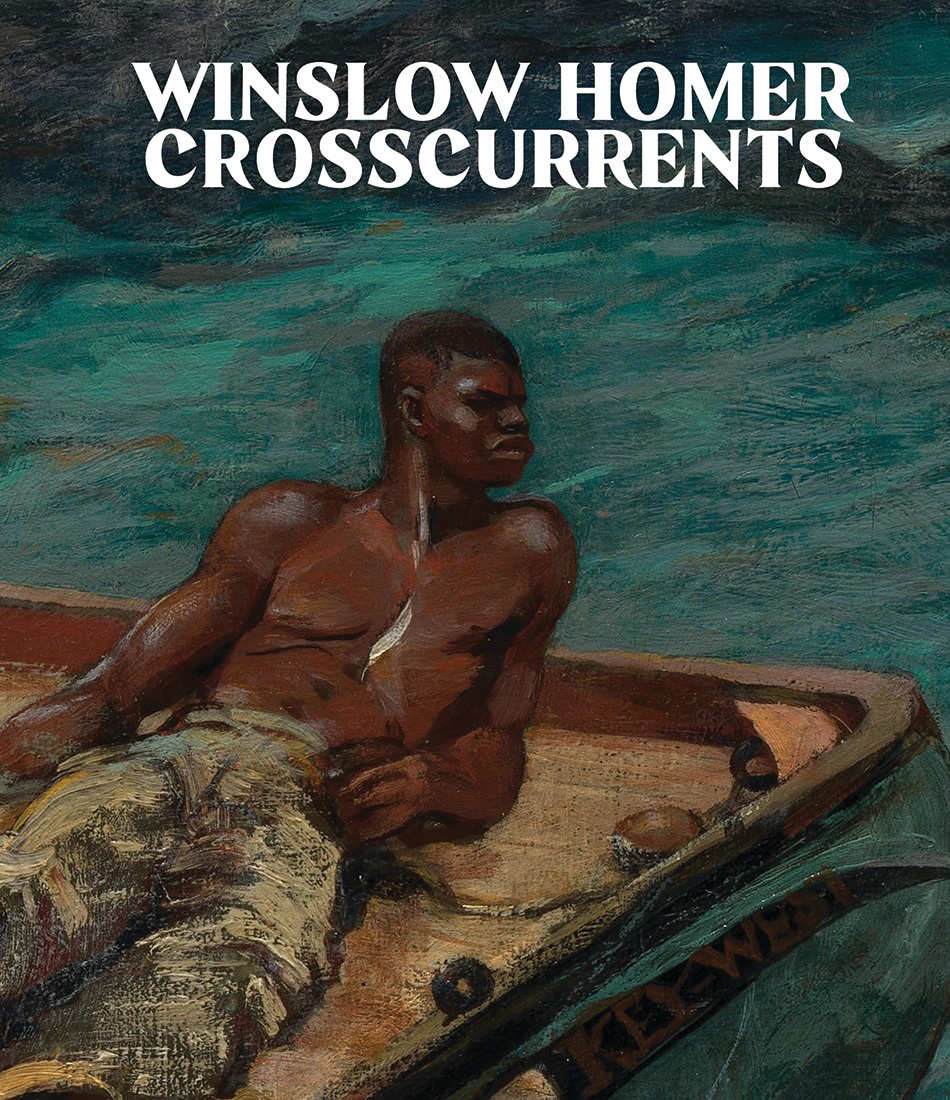 Winslow Homer: Crosscurrents by Stephanie L. Herdrich and Sylvia Yount (April)
Winslow Homer: Crosscurrents by Stephanie L. Herdrich and Sylvia Yount (April)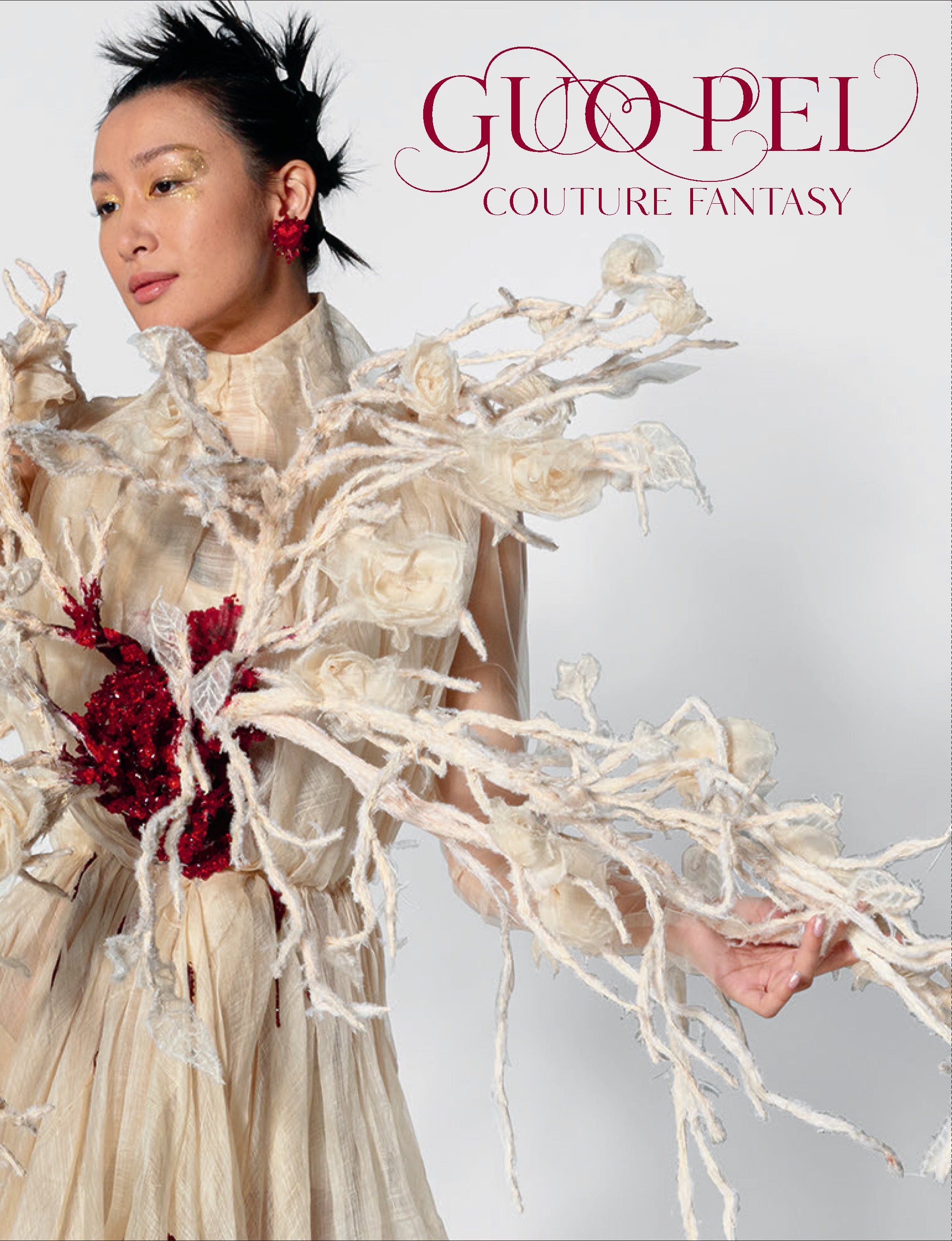 Guo Pei: Couture Fantasy by Jill D'Alessandro (May)
Guo Pei: Couture Fantasy by Jill D'Alessandro (May)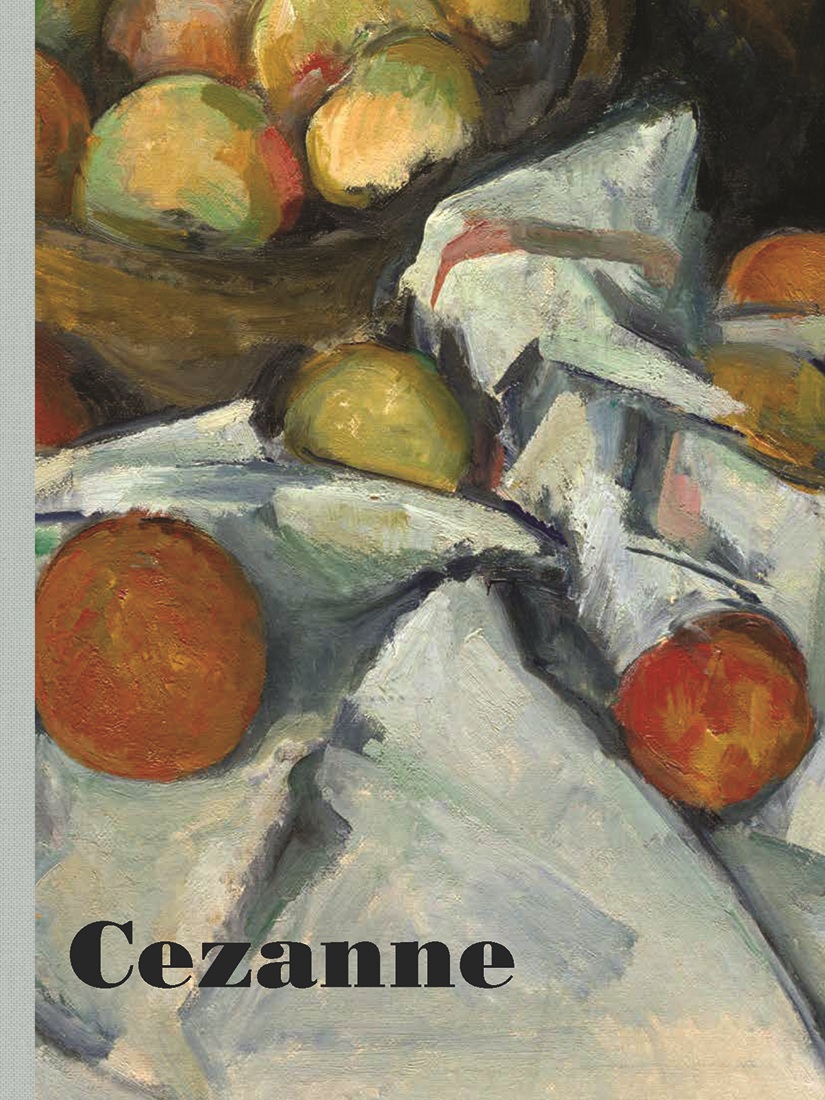 Cezanne edited by Achim Borchardt-Hume, Gloria Groom, Caitlin Haskell, and Natalia Sidlina (May)
Cezanne edited by Achim Borchardt-Hume, Gloria Groom, Caitlin Haskell, and Natalia Sidlina (May) 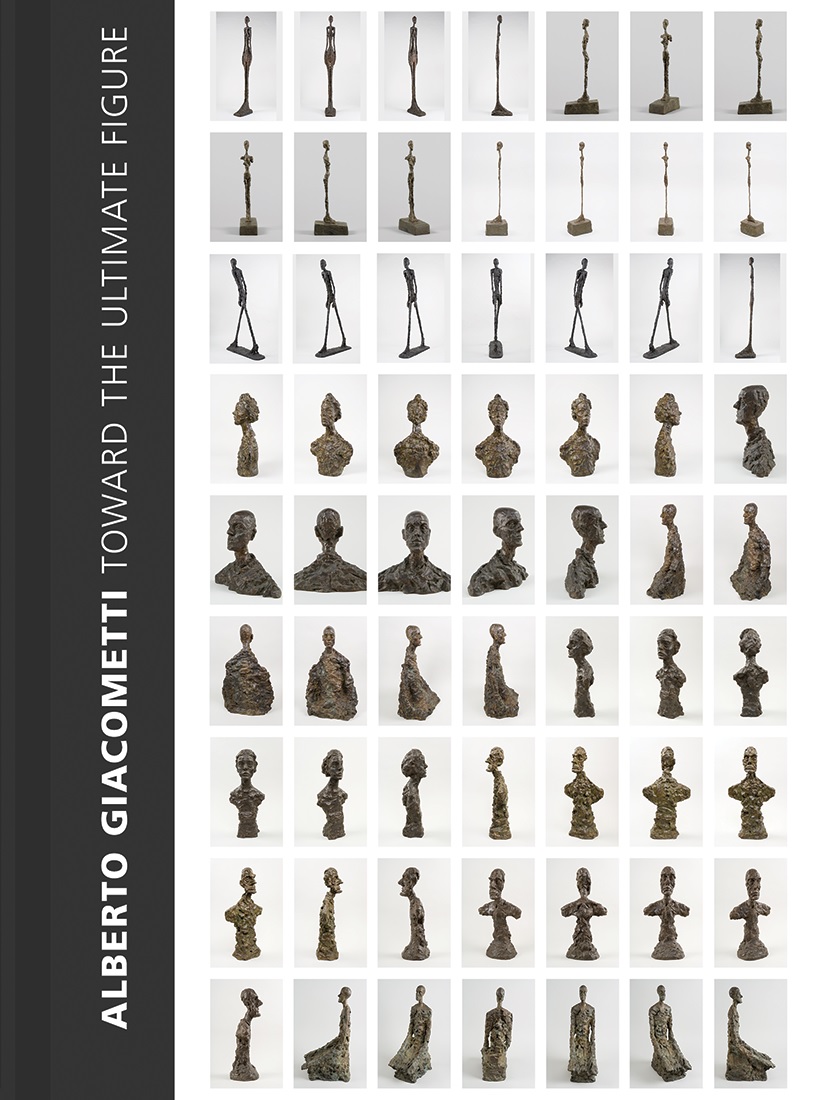 Alberto Giacometti: Toward the Ultimate Figure edited by Emilie Bouvard (June)
Alberto Giacometti: Toward the Ultimate Figure edited by Emilie Bouvard (June) 